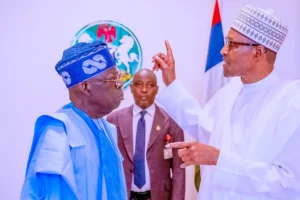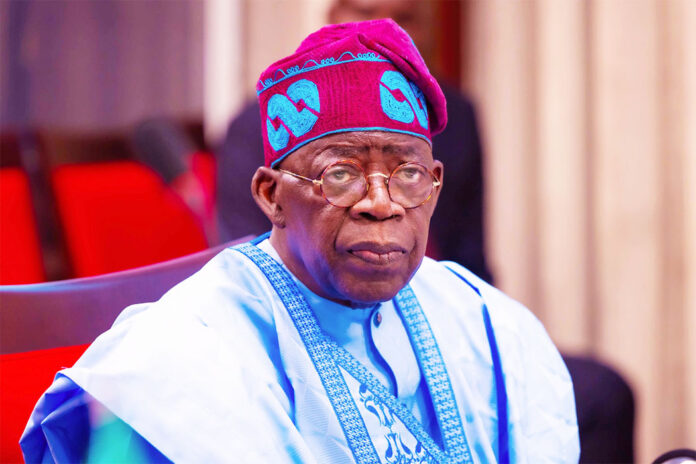In a recent revelation, the Nigerian Presidency has shed light on the economic challenges faced by the country, highlighting the heavy financial burdens inherited from the previous administration.

According to Bayo Onanuga, Special Adviser to President Bola Tinubu on Information and Strategy, former President Muhammadu Buhari’s government spent an estimated $1.5 billion monthly to subsidize the exchange rate and defend the naira.
This financial strategy was part of a broader subsidy regime that cost Nigeria a staggering $84.39 billion between 2005 and 2022, primarily for fuel subsidies. The state oil firm NNPC, being the sole importer, accumulated massive debts due to these subsidies. By the time President Tinubu assumed office in May 2023, no budgetary provisions were made for fuel subsidy payments beyond June 2023.
The fiscal plan left by the previous government was unsustainable, with 97 percent of revenue earmarked for debt servicing, leaving little for other expenditures.
The Central Bank of Nigeria (CBN) also contributed to this situation by spending $1.5 billion monthly to keep the exchange rate artificially low, which led to significant arbitrage due to the difference between official rates and those used by over 5000 Bureau DE Change (BDCs).
These economic policies have had far-reaching consequences. Foreign Direct Investments (FDIs) dwindled, investments in the oil sector declined, and international businesses faced remittance issues. A notable impact was Emirates Airlines’ decision to cease operations on the Nigerian route.
President Tinubu’s administration now faces the daunting task of navigating these inherited economic woes while striving to implement policies that will steer Nigeria towards financial stability and growth.
This situation underscores the complexities of managing an economy heavily reliant on subsidies and highlights the need for sustainable economic policies that balance immediate relief with long-term fiscal health.




